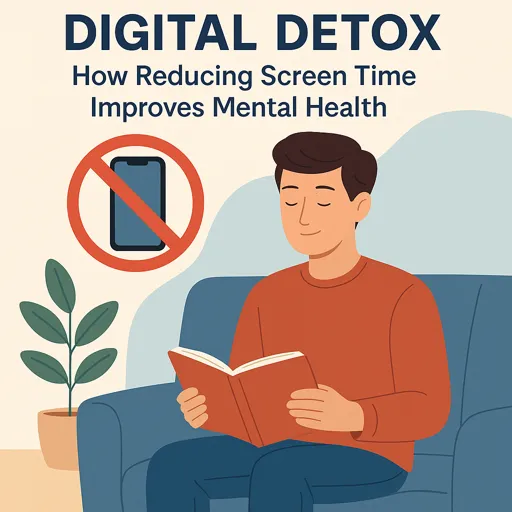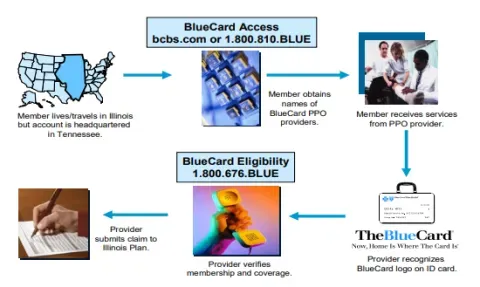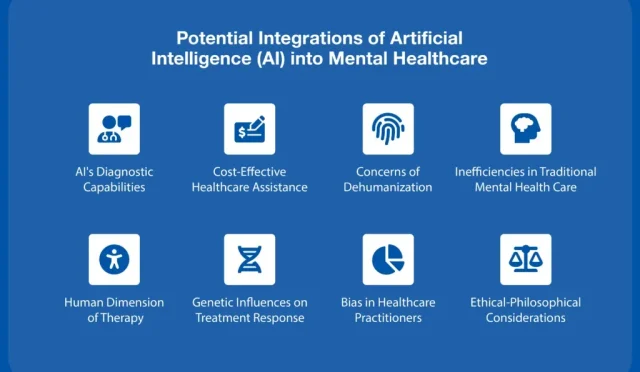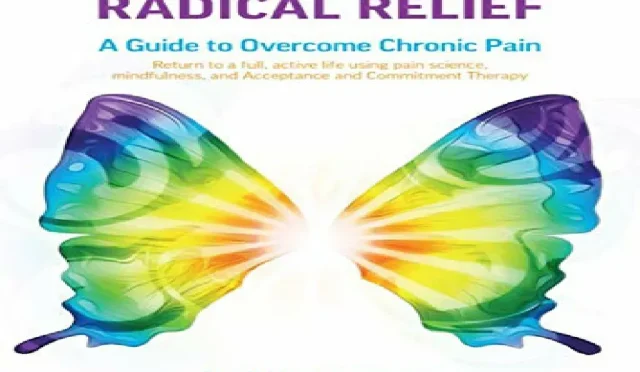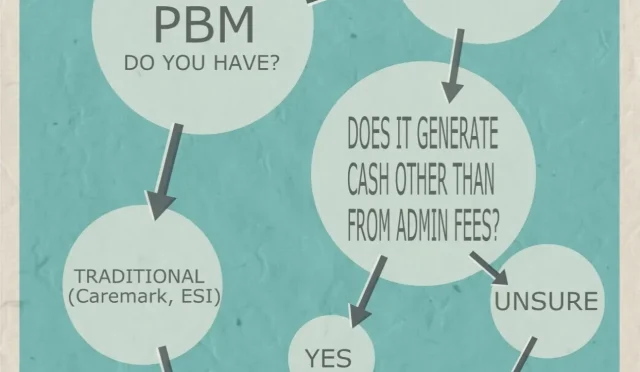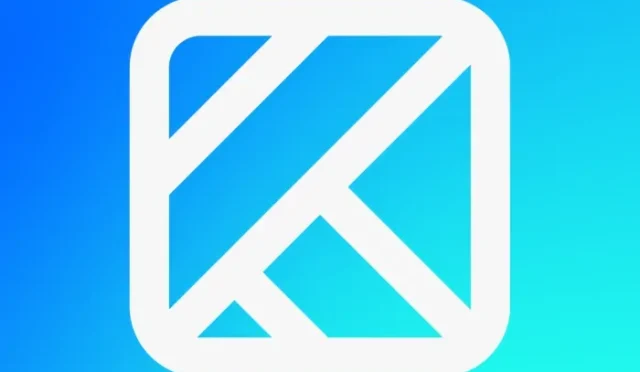Digital Detox: How Reducing Screen Time Improves Mental Health
Introduction
Digital Detox, In a world where screens dominate nearly every waking hour, mental health is increasingly under pressure. From smartphones and laptops to tablets and TVs, our daily routines are intertwined with digital devices. But what if the constant screen exposure is doing more harm than good?
A digital detox—taking intentional breaks from screens—has emerged as a powerful strategy to restore mental clarity, reduce stress, and regain balance. This article explores how reducing screen time improves mental well-being and offers actionable steps to make digital detox a sustainable habit in 2025.
What Is a Digital Detox?
A digital detox is a temporary break from digital devices to disconnect from the virtual world and reconnect with yourself or the physical environment. It doesn’t mean abandoning technology entirely but rather using it more mindfully and intentionally.
Whether it’s avoiding your phone after 8 PM or taking a weekend off social media, the goal is to reduce cognitive overload and protect your mental health.
Why Is a Digital Detox Necessary in 2025?
Overstimulation
With endless notifications, messages, and social feeds, our brains are constantly overstimulated. This makes it harder to focus, relax, or even sleep.
Dopamine Dependency
Apps are designed to trigger dopamine hits. The endless scroll is engineered to keep you engaged—and addicted. Over time, this reduces your attention span and increases anxiety.
Mental Exhaustion
Zoom fatigue, constant multitasking, and blue light exposure all contribute to digital burnout. The result is mental fatigue, irritability, and emotional detachment.
Mental Health Benefits of a Digital Detox
1. Reduced Anxiety and Stress
Cutting screen time lowers cortisol levels, the hormone linked to stress. Without the pressure of responding to messages or consuming news, your nervous system can finally relax.
2. Better Sleep Quality
Blue light from screens disrupts melatonin production. Reducing evening screen use leads to deeper, more restorative sleep.
3. Enhanced Mood and Emotional Regulation
Social media can lead to comparison, self-doubt, and FOMO (fear of missing out). A digital detox removes these triggers, improving your self-esteem and emotional balance.
4. Improved Focus and Productivity
Without digital distractions, you regain the ability to focus deeply. Even a 30-minute detox during work hours can boost concentration significantly.
5. Stronger Real-Life Connections
Less screen time means more presence in conversations and relationships. Eye contact, body language, and active listening improve when digital interruptions are minimized.
Signs You Need a Digital Detox
-
You check your phone first thing in the morning and last at night
-
You feel anxious or lost without your device
-
You get phantom notifications (thinking your phone buzzed)
-
Your screen time report shocks you
-
You struggle to complete tasks without distraction
If any of these sound familiar, it’s time to take action.
How to Start a Digital Detox
1. Set Clear Boundaries
-
No devices during meals or family time
-
Turn off non-essential notifications
-
Keep your phone out of the bedroom
2. Create Tech-Free Zones
Designate areas like the bedroom or dining room as no-phone zones. This builds healthier habits naturally.
3. Use Technology to Limit Technology
Apps like Forest, Freedom, and Screen Time help monitor and restrict device usage without completely disconnecting.
4. Schedule Screen-Free Breaks
Start small:
-
30 minutes in the morning
-
1 hour before bed
-
One full weekend day offline
5. Replace Screen Time with Real-Time Activities
Read a book, take a walk, journal, call a friend, cook something new—fill the digital void with enriching offline experiences.
The Science Behind Digital Detox
Multiple studies have shown that limiting screen time significantly impacts brain chemistry and psychological well-being. According to the American Psychological Association:
-
Reduced screen time = lower rates of anxiety and depression
-
Offline time = increased attention span and memory retention
-
Social disconnect = improved empathy and face-to-face communication
Digital Detox at Work
In 2025, many companies are implementing “screen-free” work blocks or digital sabbaticals for employee wellness. This includes:
-
No-meeting Fridays
-
Email-free lunch hours
-
Team-building activities without tech
Even 5-minute no-screen breaks every hour reduce fatigue and improve cognitive performance.
Family & Kids: Why They Need It Too
Children are especially vulnerable to digital overload. Encourage digital detox as a family routine:
-
Device-free dinners
-
Board game nights
-
Outdoor weekends
-
Screen time agreements with clear boundaries
Modeling healthy tech behavior is key—kids copy what they see.
Sustainable Digital Detox: Make It a Habit
A detox isn’t a one-time fix. Build sustainable routines:
-
Weekly unplugged hours
-
Monthly social media breaks
-
Yearly digital fasts (e.g., during vacation)
Gradually your mind and body adjust, and you no longer feel the urge to reach for your device constantly.
Conclusion
The modern world runs on screens, but that doesn’t mean we have to be slaves to them. A digital detox empowers you to take back control of your time, energy, and emotional well-being.
By cutting screen time, you improve focus, sleep better, feel calmer, and connect more deeply—with yourself and others. In 2025, where burnout is just a scroll away, going offline might be the best mental health strategy yet.
Start small, stay consistent, and give your mind the break it truly deserves.
#DigitalDetox #MentalWellness #ScreenFreeLife #HealthyMind #MindfulTech

